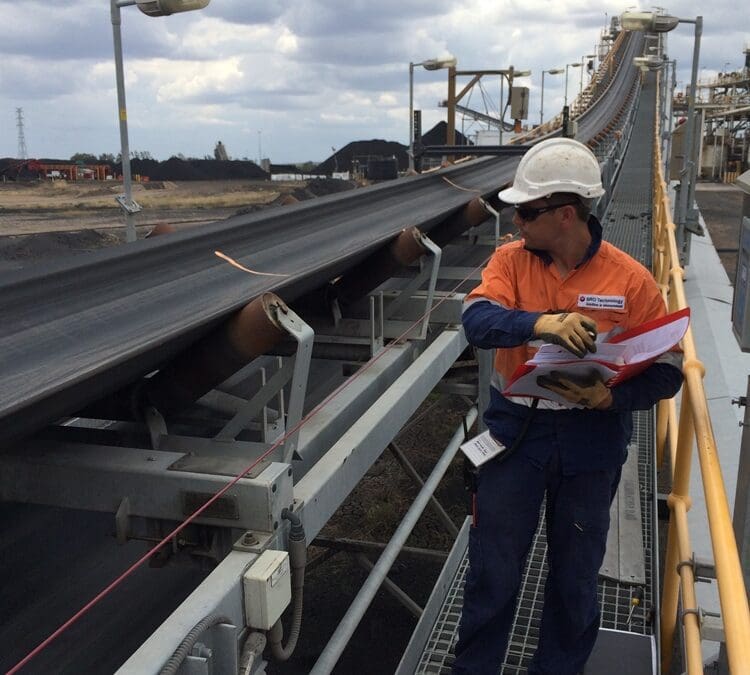Industrial sites need to run like well-oiled machines to maximise productivity and efficiency while reducing delays and work stoppages. A single piece of equipment breaking down could have far-reaching ramifications on your throughput, resulting in a significant loss in revenue.Productivity issues don't need to be catastrophic to negatively impact the day-to-day operations of an industrial site. Poorly configured sensors and measuring equipment can lead to inaccurate processes, increased maintenance demands and production errors.Industrial site audits flag such problems before they become much larger concerns, and give site operators the opportunity to replace faulty equipment and improve output. Keep an eye out for these three signs that you need an industrial site audit.1. Plant balance accuracy and production quality has droppedAnother red flag to look out for is any unexplainable decrease in production quality and balance accuracy over a period of time. When running smoothly, industrial sites are able to achieve a consistent level of quality through automated processes and stable, finely calibrated machinery.If plant production quality has dropped or balance accuracy has diminished, there's a very good chance that critical equipment is malfunctioning or otherwise not running properly. Left unchecked, such problems could compromise the quality, expediency and safety of your worksite.For instance, a malfunctioning or deficient tramp metal detector may not catch washers, nuts, screws and other metal fragments in facilities producing wood-based products. That would, in turn, put the integrity of those sites' output in jeopardy.
A drop in plant production quality or balance accuracy could point toward significant underlying problems.
Even robust and resilient equipment could be damaged in such scenarios. Large pieces of metal that pass by tramp metal detectors unnoticed could overwhelm jaw crushers and cause extensive damage to that machinery.2. Production quantity has gone downIn a similar vein, a dip in the quantity of site output could very likely point to a systemic problem with your equipment or workflows that is dragging down production. Such issues could be an easy miss on a day-to-day basis, but can come to light when reviewing a facility's output over a longer period of time.In addition to equipment failure, poor calibration and performance issues, an industrial site audit will also check that all machinery is being properly used by workers and is designed for its specific application. It is not uncommon for facilities to rely on equipment created for other industries or processes, which could affect production.
Upgrading weighing systems can prevent safety hazards at your plant.
3. Employees have voiced safety concernsIndustrial site audits assess facility performance and safety, ensuring that both the business and the workers are well-protected. Facilities in this field can often be hazardous when poorly managed and operated. It's absolutely vital that site leaders adhere to worker safety guidelines and maintain equipment in good working order to prevent an on-site accident.If your office has received an uptick in complaints regarding employee safety, then you should schedule an industrial site audit as soon as possible. These concerns should not be taken lightly or placed on the backburner. Replacing outdated or faulty equipment can dramatically improve worker safety. For instance, upgrading weighing systems could eliminate the need for employees to lift extremely heavy objects as they place items on and off the weighers. An industrial site audit will unearth these and other safety concerns, as well as give site operators actionable steps to address them.Are you ready for your next audit? SRO Technology's trained specialists can assess your industrial site's performance and identify any potential problems.



Recent Comments